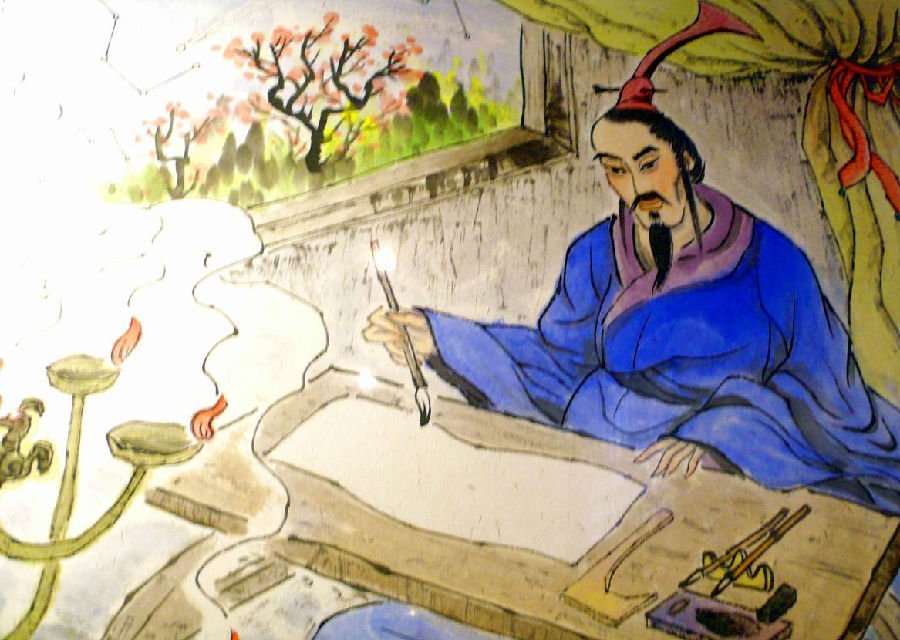(单词翻译:单击)
An astronomer of the Western Han Dynasty, Luo Xiahong is famous for his outstanding achievements in calendar computation and astronomy, and is seen as the earliest scholar in calendar computation.
落下闳,西汉天文学家,以在历法和天文方面的杰出成就闻名,被视为最早的历法学者。
For the purpose of calendar reform, Emperor Wudi of the Western Han Dynasty employed astronomers throughout the country.
为了改革历法,汉武帝雇用了全国的天文学家。
In the end, Luo worked out with others--The Tai Chu Calendar--which was adopted by the emperor, due to its superiority over other calendars.
最后汉武帝认为落下闳的历法《太初历》优于其它历法,于是予以采用。

As the first calendar that can be verified in historical records, The Tai Chu Calendar was used for 189 years.
作为有史可查的第一部历法,《太初历》使用了189年。
Luo Xiahong was the initiator of the theory of sphere-heavens, and the equatorial armillary sphere he improved was in use for 2 000 years.
落下闳是浑天说的创始人之一,经他改进的赤道式浑天仪,在中国用了2000年。
For the first time in astronomic history, Luo correctly inferred the cycle term of 135 months for solar and lunar eclipses, meaning that there were 23 solar eclipses within 11 years.
在天文学史上首次准确推算出135月的日、月食周期,即11年应发生23次日食。
Based on this cycle, people could conduct forecasts on solar and lunar eclipses.
根据这个周期,人类可以对日、月食进行预报。
On September 16, 2004, with the approval from the International Astronomical Union, an asteroid was named after Luo Xiahong in commemoration of the great Chinese astronomer.
2004年9月16日,经国际天文学联合会小天体提名委员会批准,一颗小行星被命名为“落下闳小行星”,以此纪念这位伟大的天文学家。


